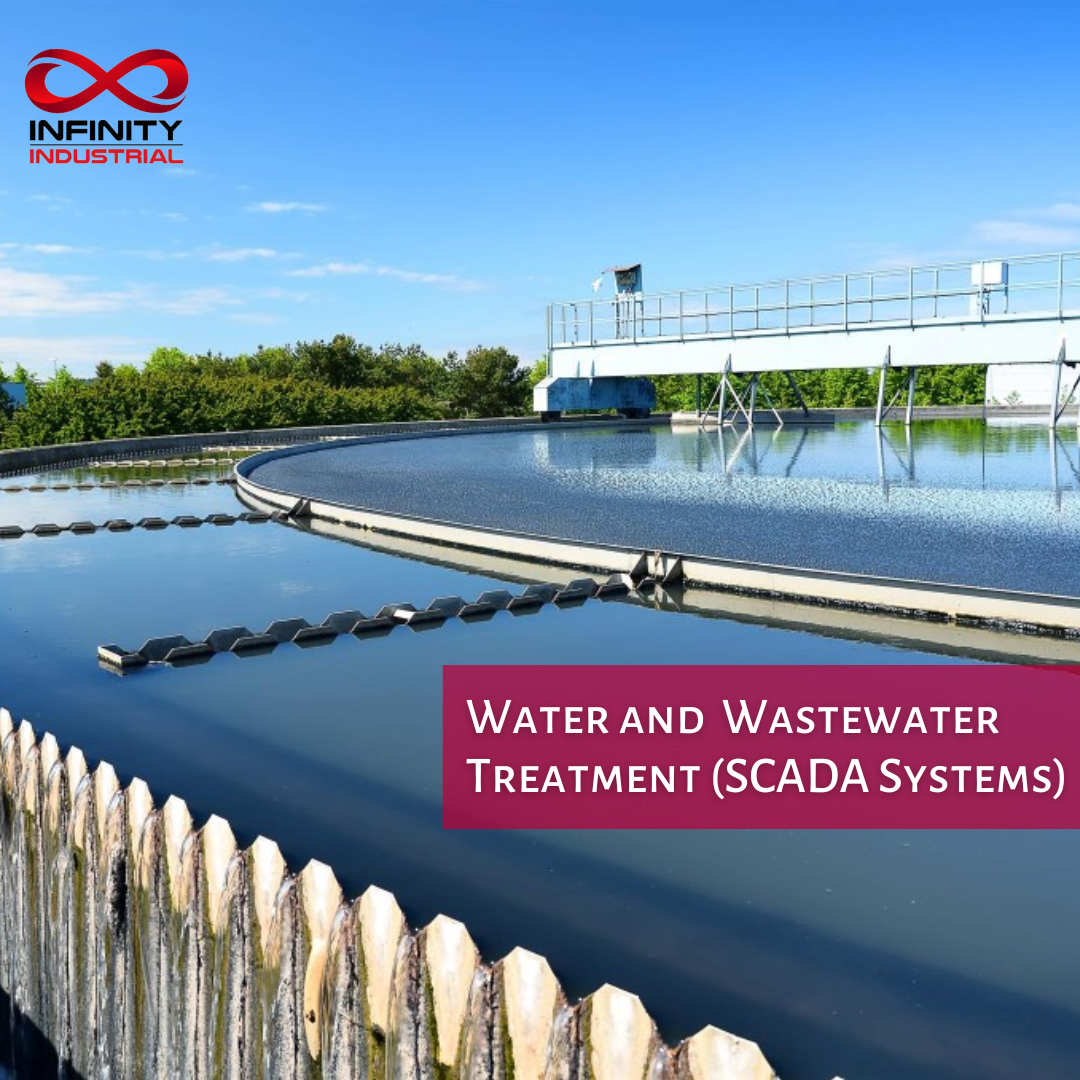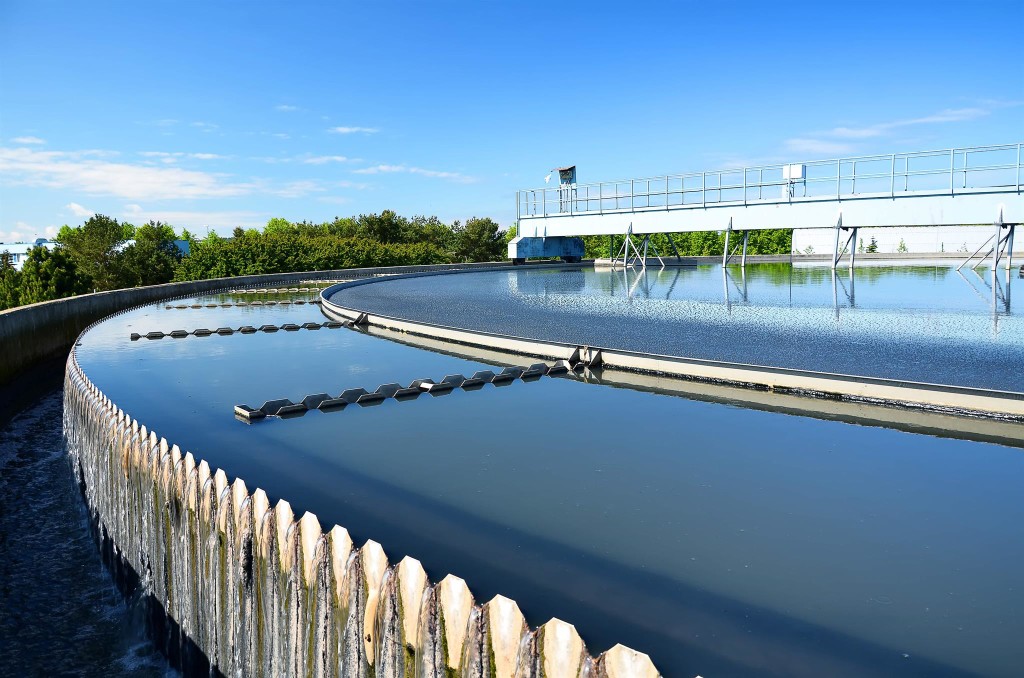
Water & Wastewater Treatment (SCADA Systems)

Older water and wastewater monitoring systems need large amounts of staff, time, and money to operate. Digital networks are now often used to monitor each stage of the treatment procedure. SCADA (Supervisory control and data acquisition) refers to digital networks and computer systems that gather and analyze real-time information.
SCADA solutions are used for control and consistent automated data by water and wastewater management firms, utility departments, and other manufacturers. Key personnel may spot real-time faults in their systems via multiple data logging points using SCADA.
Water treatment plants and water consumption facilities may help by keeping their monitoring equipment up to date and as precise as possible. While SCADA (supervisory control and data acquisition) systems are more widespread in current operations, a cloud-based SCADA control system has proven to be a more dependable and better alternative.
A cloud-based SCADA system enables water management plants to not only monitor particular chemical and toxin levels but also to keep exact records that are available from anywhere. Digital readouts are no longer limited to a single location on the SCADA machine. Instead, any manager or operator who needs data may do it using their Wi-Fi-enabled device.
Advantages Of SCADA in Power Systems
- SCADA Is Environmentally Friendly
Modern culture enjoys eco-friendly and cost-effective water and wastewater treatment, thanks in large part to SCADA technology. Safe water treatment is made possible by a sophisticated network of sensors, gauges, meters, and data-processing software. Drinking water and wastewater management are, of course, intricately related. The ability to remove dangerous chemicals and toxins from wastewater contributes to the preservation of a cleaner environment, including drinkable water.
- Automation Improves System Efficiency
The scale that SCADA offers is attractive to water and wastewater management operators. SCADA software, such as Nucleus Command Systems, provides a variety of tools to assist with this for a variety of applications.
Before the adoption of SCADA technology, A large number of people were required to directly monitor systems and operate the equipment. On the other hand, SCADA components enable remote monitoring and automated activities powered by sophisticated programmable logic controllers (PLCs).
- Reduced Costs for Water Utilities and Consumers
SCADA may also assist in reducing the cost of maintaining a community’s water distribution or treatment facility by allowing operators to understand which vital systems need to be further improved and prioritized. SCADA has transformed the way these utilities function by substantially enhancing operators’ ability to absorb and interact with system data. Water and wastewater treatment plants in any sector can now have a clear idea of where and when to deploy their available manpower.
- Efficient Management
System operators can better manage the technical support and safety operations necessary to maintain compliance with water and wastewater standards.
SCADA control systems have seen several technical improvements in recent years, allowing for the introduction of some extremely valuable features and components. For example, current technologies enable real-time data to be accessible from any remote place in the world, resulting in enhanced decision-making.
Do you want to learn more about managing water and wastewater operations in your community? Are you seeking specialists that understand the newest SCADA industrial control systems and advanced water treatment methods?
Infinity Industrial has a long history of assisting utilities, MUD districts, and water boards in Clearwater, Florida, with SCADA consulting, programming, development, and maintenance.
[popup_anything id=”9350″]
